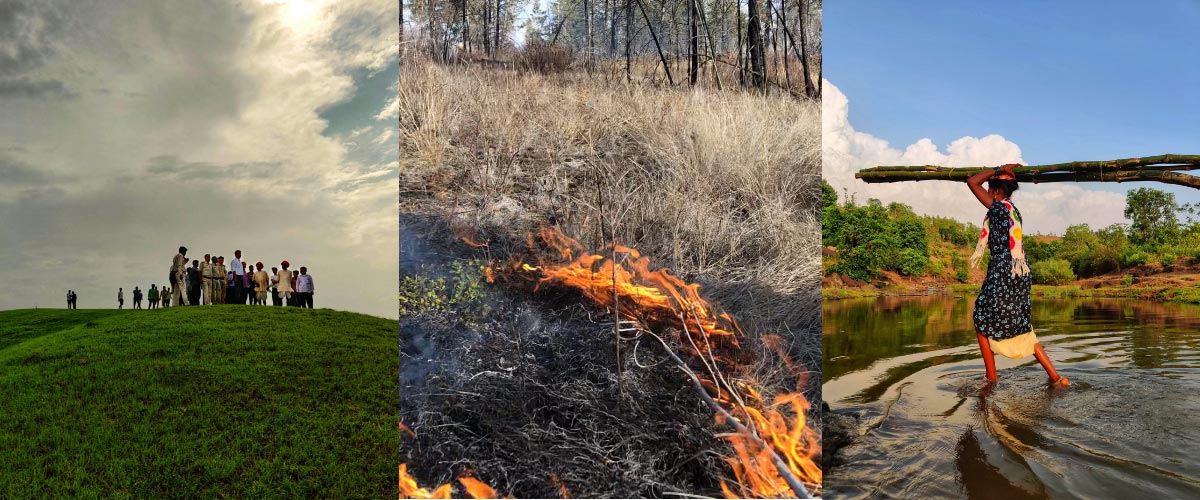Decentralization, Restoration and Governance of Nature Lab

“Decentralization, restoration” implies a dual framework where systems are distributed and resilient, emphasizing the empowerment local communities to function autonomously while collaboratively contributing to the greater whole. Restoration focuses on the repair and revitalization of ecosystems, social structures, and resources, ensuring that they recover their integrity, balance, and sustainability. Together, this principle highlights the importance of redistributing power and resources to create adaptive, equitable systems while simultaneously repairing the damage caused by over-centralization and exploitation.
“Governance of nature” refers to the management, regulation, and decision-making processes related to the use, protection, and conservation of natural resources, ecosystems, and biodiversity. It implies the need for effective governance structures, policies, and practices to ensure the sustainable and responsible management of nature, balancing ecological, social, and economic considerations.
The term “Governance of nature” assumes that nature can be governed, which refers to the worldviews of the western society where nature is a tool available to man to achieve economic development. There are other worldviews of Indigenous communities who believe they are a part of nature. The question then becomes: how, within these worldviews, can we nurture and promote sustainability? We are, with our ideas, trying to bridge that gap to promote sustainable practices.
Our lab explores the themes of resilience of communities to adapt to changes around them while still continuing their stewardship models and governance of natural resources. We work with Indigenous and forest communities in Canada, India, and Australia to explore these themes. Our lab strives to find the balance between providing sustainable livelihoods to these communities while protecting biodiversity. Intact ecosystems are limited and they are under immense pressure because of developmental goals. Protecting and restoring these ecosystems can be successfully accomplished with the support of local communities. We believe in conducting impactful research by partnering with communities, governments, NGOs, and industries to bring urgent and direct societal change.
Why did we decide on the acronym DRAGON?
The dragon is a mythical creature that is included in many folklore around the world – presenting qualities of strength, and power. However, what is power? Especially in the context of developing policies and programs about natural resources. Ultimately, it is power that dictates what is done – for the better or for the worse. Part of our research aims to understand the practicalities of how to improve things, thus referring to the theme of power.
The dragon is often associated with spitting fire through its mouth. However, a hypothetical question can be raised about why would an animal evolve to do such a thing. A possible answer would be to maintain and restore ecosystems. Research on cultural burning practices shows that fire if applied in the right way, at the right time under the right condition, can provide an array of benefits to the ecosystem – such as preventing the spread of invasive species, severe wildfire risk reduction, improving biodiversity, and improving food securities. Part of the lab is dedicated to researching cultural burning, its effect, and possible applications.
All that being said, the real reason why we decided to name our lab the “Dragon Lab” is because is sounds cool!
